A Chinese professor recently bragged in front of a mainland Chinese audience that China had successfully “copied its way to the world’s front row,” which has emboldened the regime to take a more aggressive line towards the United States.
“We plagiarized wildly, copied wildly,” Zang said.
“What intellectual property rights? What patented technology? We’ll get it first and deal with it later.”
Through this approach, China has skyrocketed to become one of the world’s leading economies, and now finds that there’s nothing left to replicate, Zang said.
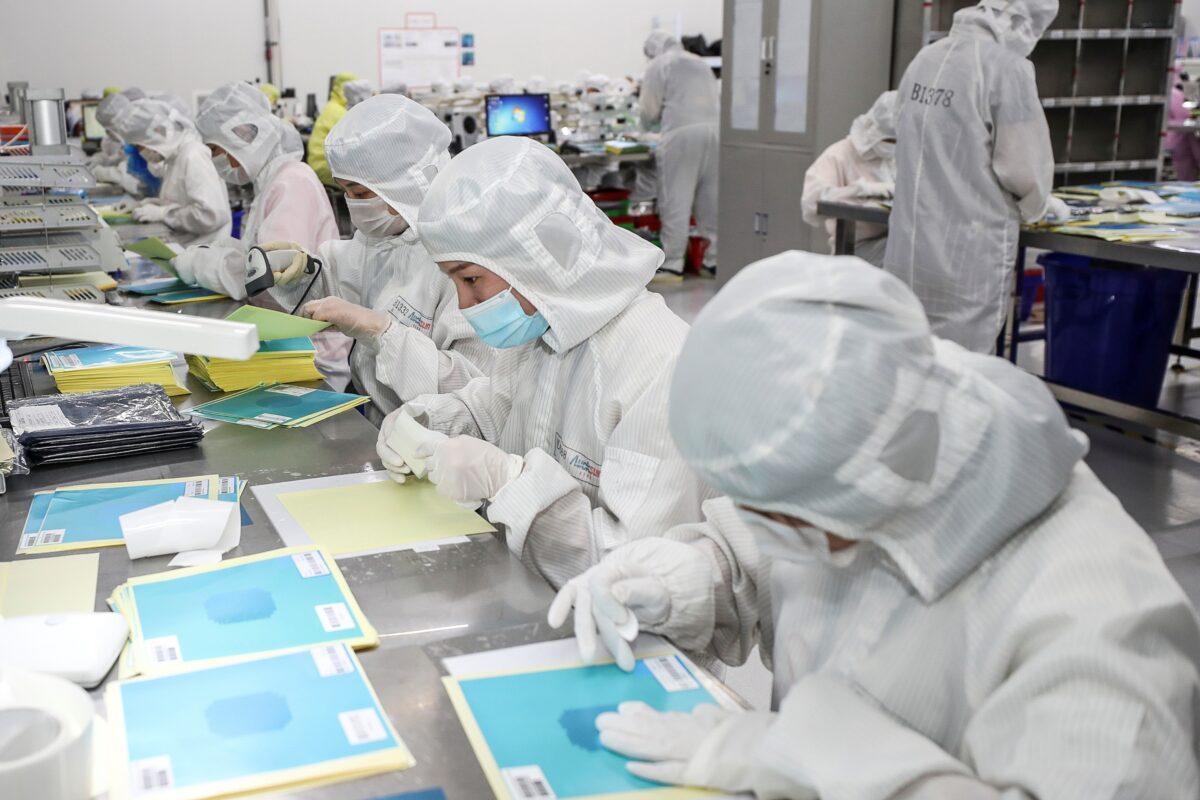
Four Decades of Cheating
Since the Chinese regime’s economic reforms of the late 1970s, it has depended heavily on foreigners bringing in their investments, technology, and know-how to spur the country’s economic development, Zang said.Specifically, Zang said the Chinese Communist Party (CCP) forced foreign businesses to enter into partnerships with domestic firms, so the locals could learn from the foreigners and eventually replace them by running the businesses themselves.
Known as forced technology transfer, the CCP has forced foreign companies to enter into joint ventures with local firms and handover their intellectual property (IP) as a condition of entry to the Chinese market.
After four decades, “we’ve learned everything, and can do everything ourselves,” he said.
“When we look back, the factories are ours, the equipment is ours, the technology is ours, the patents are ours,” Zang said. “The foreigners have all gone.”
The CCP’s rampant theft of foreign IP has sparked rising push back in recent years, particularly during the Trump administration. U.S. officials have described Beijing’s strategy to overtake the United States as the lone superpower as centered on the actions: “rob, replicate, replace.”
In his speech, Zang said the United States had finally found out about Beijing’s plans.
“They don’t let us copy anymore,” he said.
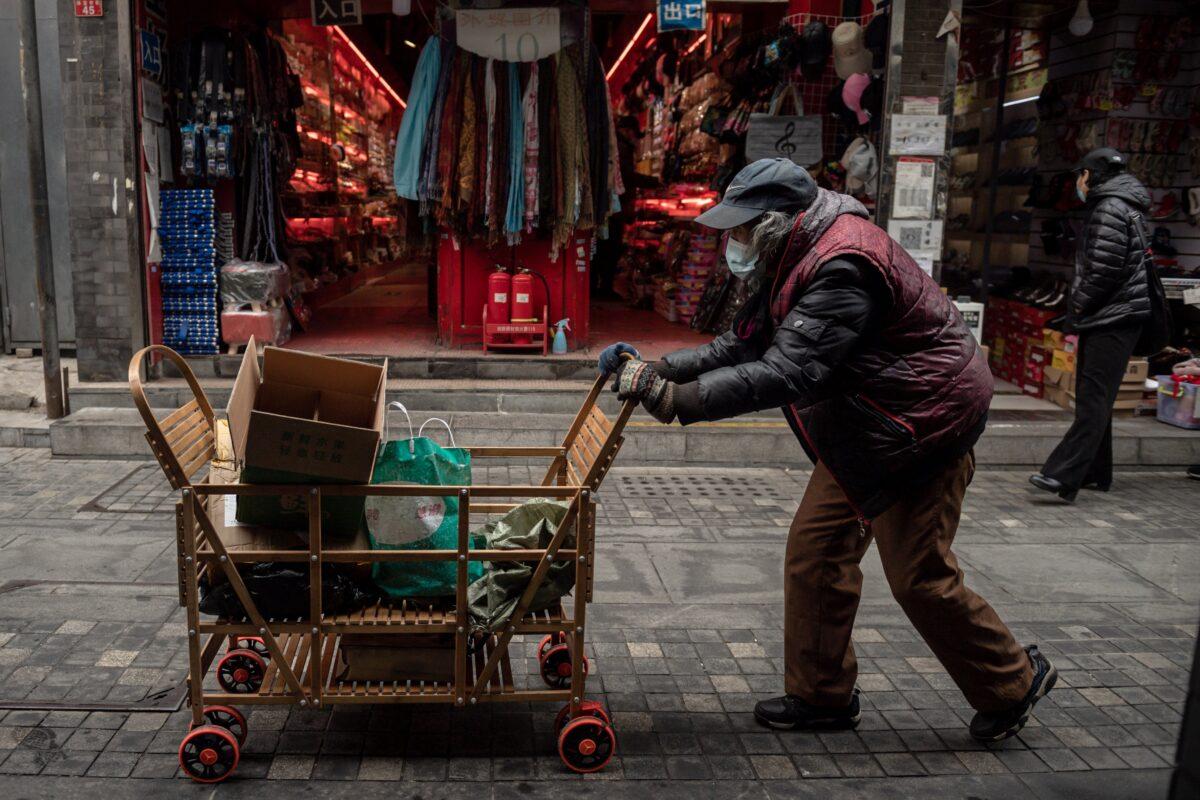
Arrogance
According to Zang, the Chinese regime was in a position to be tough with the United States during the recent talks in Alaska because of its strengthened economic standing achieved through four decades of state-sanctioned theft.“That’s why our Foreign Minister Yang [Jiechi] and Wang [Yi] could be so tough when they talked to the United States. [They thought] you have no right to talk to us in this way,” Zang said, while laughing.
The CCP’s top diplomat Yang Jiechi and its Foreign Minister Wang Yi sparked headlines in March when they publicly lambasted the United States over a series of alleged offenses during the first face-to-face talks with Biden administration officials, U.S. Secretary of State Antony Blinken and White House National Security Advisor Jake Sullivan.
Going forward, Zang said the CCP is focused on encouraging citizens to develop native technology through the slogan “innovation is the top driver for production.” The slogan has been repeated by Chinese Leader Xi Jinping since 2015, as he aims to shift the country to focus on domestic innovation.
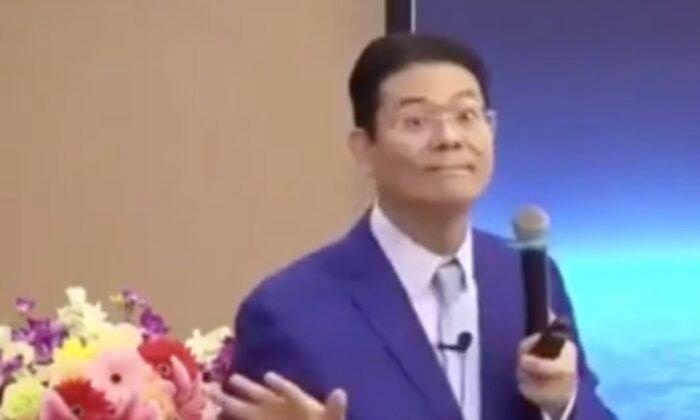


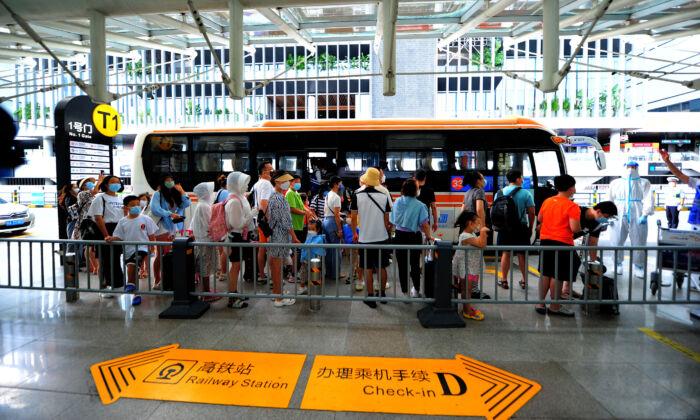
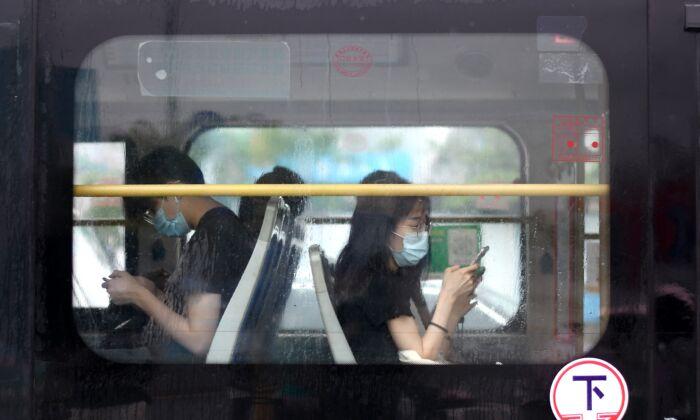
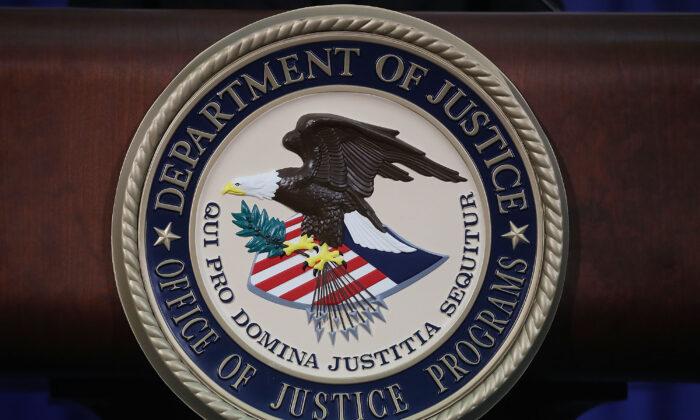

Friends Read Free